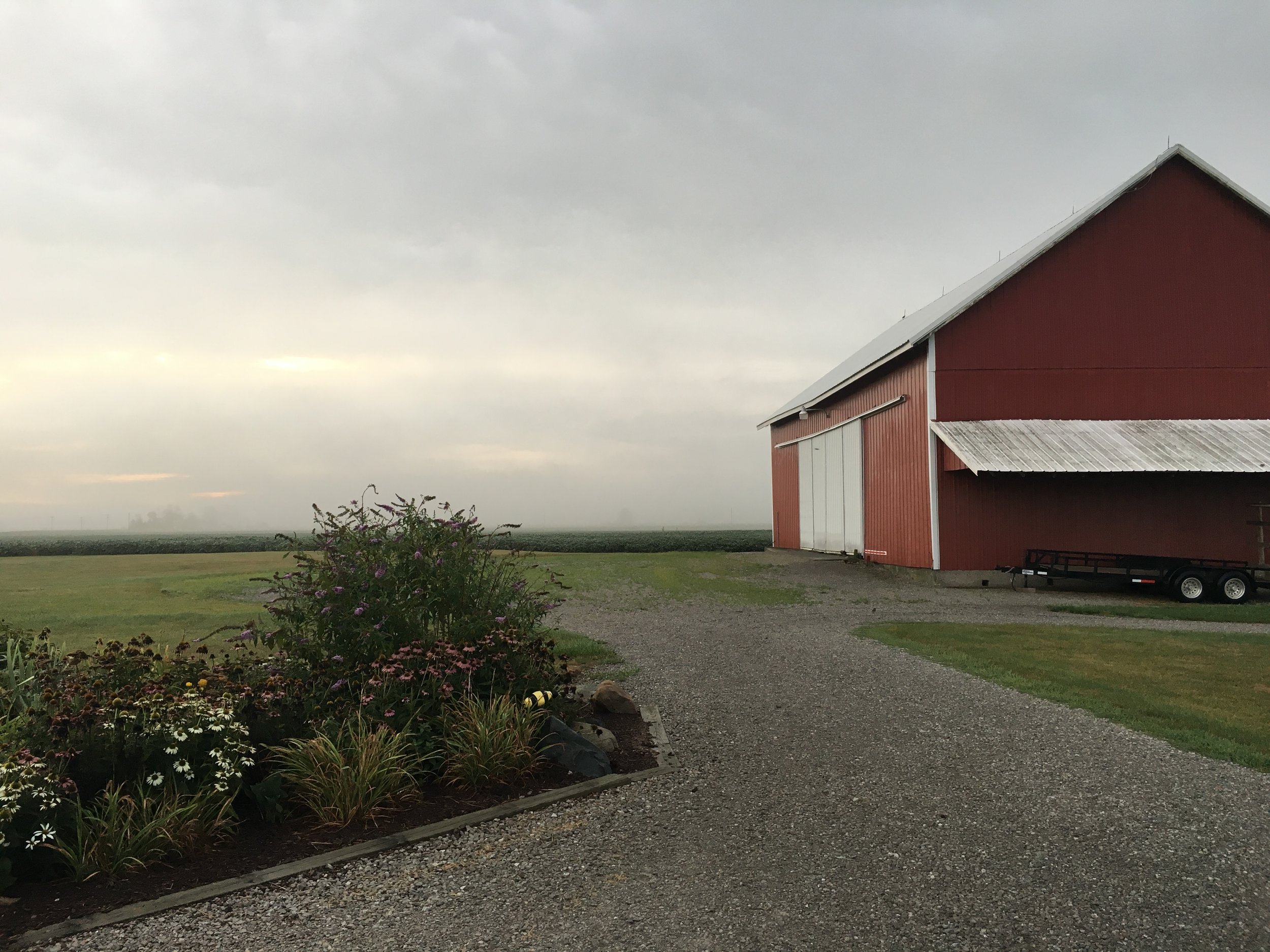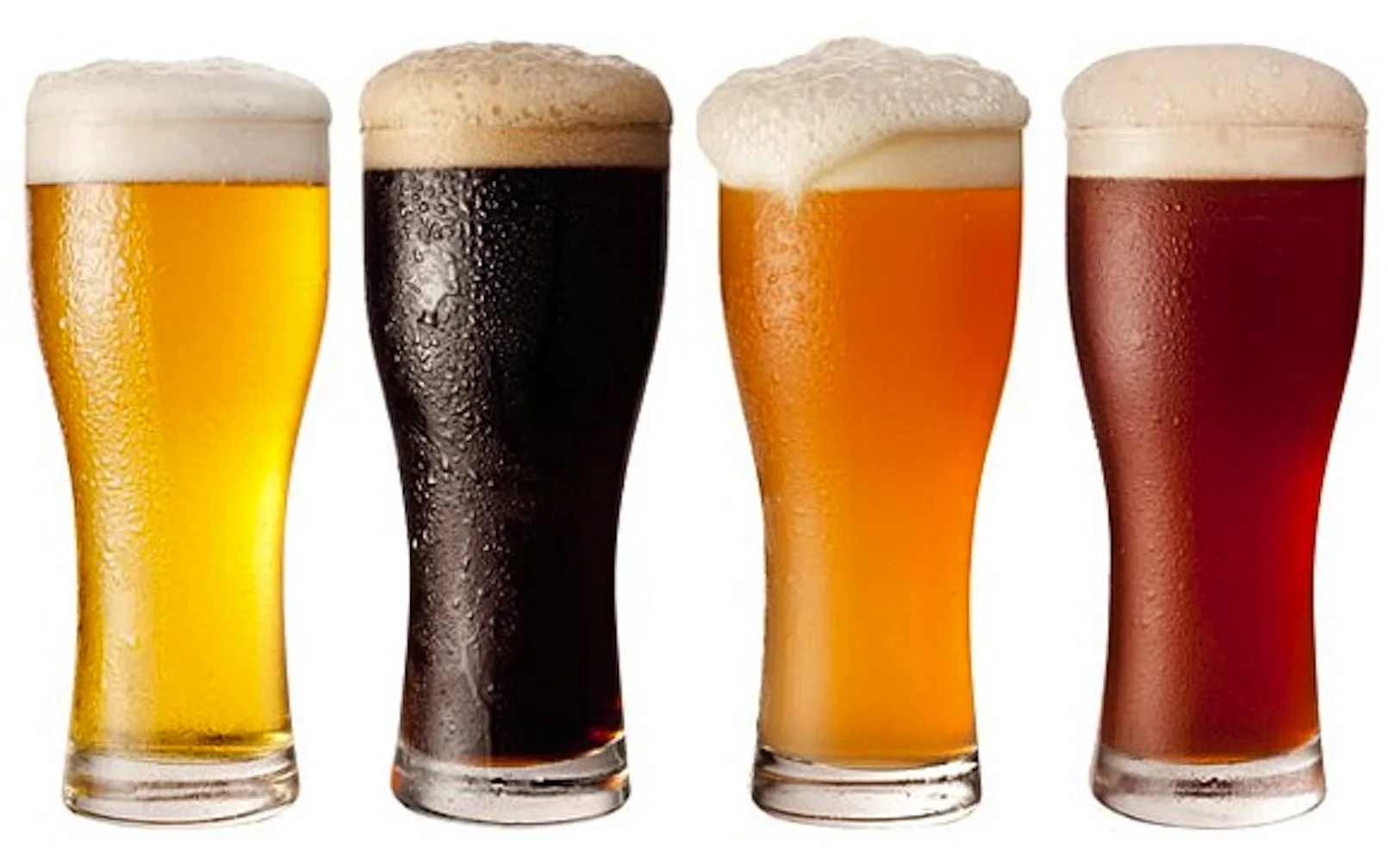Food Safety Modernization Act: The Produce Rule
/After years of legislative wrangling, rule-making, and extensive public feedback, the US Food and Drug Administration is finally implementing the Food Safety Modernization Act (FSMA). The FSMA authorizes new regulations for farmers who grow certain kinds of fresh produce and for certain facilities that process food. The Standards for the Growing, Harvesting, Packing, and Holding of Produce for Human Consumption (known more commonly as the “Produce Rule”) can have an enormous effect on farmers.
Read More























Ten years ago American Farm Bureau published the Privacy and Security Principles for Farm Data. In 2024, these “Core Principles” for use of ag data have been updated.